Peter Ranscombe goes behind the scenes at the north-east’s first vertical farm on the outskirts of Newburgh, Aberdeenshire, to see how technology is giving farming a helping hand.
Walking along the path towards Vertegrow’s vertical farm near the beautiful Ythan estuary in Aberdeenshire, the collection of green metal sheds doesn’t look any different to the modern barns and workshops you’d find on many Scottish farms or estates – then the tower comes into view.
Made from the same green-painted metal as the surrounding sheds, the 33ft high structure doesn’t look any taller than a large grain store or slurry tank, and probably wouldn’t attract a second glance from any passers-by.
Yet, step inside the vertical farm and you’re entering a whole new world.
Inside the vertical farm
The first thing that hits you is the smell – it’s like walking into the freshest greengrocer’s shop you’ve ever visited, with pea shoots being prepared for sale at a local farmers’ market.
The white walls and bright lights give the preparation area a similar feel to a modern salmon smokery or other food business.
It’s inside the tower itself the magic happens; peek through an observation window and there are 54 trays of plants growing on racks under a purple glow from light-emitting diodes (LEDs), kept at a cosy 24C by 10cm (four inches) of insulation.
Graeme Warren, director of Vertegrow, whips out his mobile phone and uses an app to control the equipment made by Edinburgh-based Intelligent Growth Solutions (IGS) and brings one of the trays into view.
After two-and-a-half years of planning and the creation of a pilot farm inside a shipping container, the full-scale tower has been up-and-running since the middle of October, with trials taking place to grow basil, chard, pea shoots, rocket and mini coriander.
Growing herbs and leafy greens indoors cuts the growing time from months to a matter of days or weeks, allowing Scotland to grow produce that would normally be imported or harvested from energy-intensive heated greenhouses.
“We’re working with Scotland’s Rural College to determine the carbon footprint of our produce,” explained Mr Warren.
At the moment power comes from the grid through a green tariff, but the next step is to explore erecting solar panels at Waterside Farm to generate renewable energy.
‘You can genuinely taste the difference’
Vertegrow was set up at the farm by Steadman Partners, the investment firm owned by BrewDog co-founder Martin Dickie.
One of the first customers for crops from its maiden tower is Scottish fresh produce and food wholesaler Mark Murphy, part of Dole Foodservice.
Earlier this month the company received its first shipment of produce from the vertical farm into its hub in Edinburgh, from which it also supplies satellite depots in Aberdeen and Pitlochry.
The wholesaler supplies a range of gastro-pubs, hotels, high-end restaurants and other eateries, ranging from independent businesses through to local authorities and national chains.
“The feedback on the Vertegrow samples that customers tried was fantastic,” explained Ernie Miller, key account and marketing manager at Mark Murphy.
First batch of @WeAreVertegrow #microherbs have landed. Another great example of @totaledinburgh working with the best #Scottishgrowers #verticalfarm #Sustainability @keepScotBrand #GrowingwithScotland pic.twitter.com/gctr6YnZS9
— Mark Murphy (@totaledinburgh) November 12, 2022
“They all asked when they could start getting it regularly.
“You can genuinely taste the difference in the flavour because of the freshness.
“We could import cheaper products, but we want to support Graeme, because he’s running a Scottish business that’s providing fresh products which stand out from the crowd.
“We have long-term local supply partnerships with about 100 growers and producers across Scotland, so it’s fantastic to add another one to our list.”
Vertical farm produce an Aberdeenshire hit
Mr Miller came across Mr Warren at a “meet the buyer” event organised by the Scottish Wholesale Association.
The two kept in touch and that connection has now led to the wholesaler stocking Vertegrow’s products.
Mr Miller promotes his Scottish suppliers through Mark Murphy’s social media platforms and plans to film a short online video to help share Vertegrow’s story with the wholesaler’s customers.
There were a couple of weeks when we didn’t have Vertegrow’s basil and people were asking us, ‘What’s happened to the basil?'”
The vertical farm’s herbs have also become a hit locally, both from the initial tests in the shipping container and now from the full tower.
“There are four key ingredients in the perfect pizza Margherita – the dough, the sauce, the cheese, and the basil,” explained Mike Gaffney, who founded his Mike’s Pizza Gaff dough delivery business in 2018 and opened a pizzeria called The Gaff in Ellon last year.
Mr Gaffney began buying basil from Vertegrow when it was still operating from its initial shipping container, with the firm tweaking the growing regime for the plant to give the pizza maker the flavour he required.
“It’s exciting to work with a company that will bend over backwards to give us what we need,” he said.
Earlier this year the company grew Thai basil for the Gaff to go onto a Thai-inspired pizza, while it is currently exploring oregano and rocket for the pizzeria.
“They’re very proactive, always asking about what we might need for new pizza toppings or styles,” added Mr Gaffney.
The basil has become a key feature of the Gaff’s pizzas, with customers who order takeaway receiving the fresh herb to put on top of their Margheritas.
“There were a couple of weeks when we didn’t have Vertegrow’s basil and people were asking us, ‘What’s happened to the basil?’” Mr Gaffney said, adding: “They really noticed the difference.”
Looking ahead, will vertical farms become commonplace?
Looking further ahead, Vertegrow is part of the Vertical Farms and Storage Technologies (V-Fast) consortium, which aims to build more sites on the rolling hills between Forfar and Dumbarton.
V-Fast – whose other members include IGS, Light Science Technologies, RheEnergise and the UK Urban AgriTech collective – plan to use RheEnergise’s pumped-storage hydro-electric technology to let farms store power from wind turbines and solar panels for use on cloudy and still days.
Mr Warren pointed to the potential for farmers to erect towers on parts of their land that are currently unproductive.
In years to come, could these towers become a regular sight on Scottish farms?
The National Farmers’ Union Scotland (NFUS) highlighted the part farmers and crofters will play in tackling climate change, and said vertical farms and other new technologies could have an “important role” on some sites.
NFUS communications director Bobby Carruth said: “Scottish farmers and crofters have always been early adopters of new agricultural technology and innovative management practices for crops and livestock.
“Change, diversification, and innovation at a farm and croft level has often been informed by field-scale work carried out by the excellent network of world-leading research facilities we have here in Scotland, where the potential role of any new innovations has been looked at.
“Farmers and crofters have a crucial role in addressing the growing concerns over food security, energy, climate change and biodiversity.
“Set against the backdrop of unprecedented increases in farm inputs – animal feed, fuel, fertiliser, energy – maintaining income and achieving profitability, whilst still addressing the need to produce food sustainably means technological innovations – like gene editing, vertical farming, no-fence livestock management, robotics and automation – could have an important role for some.”
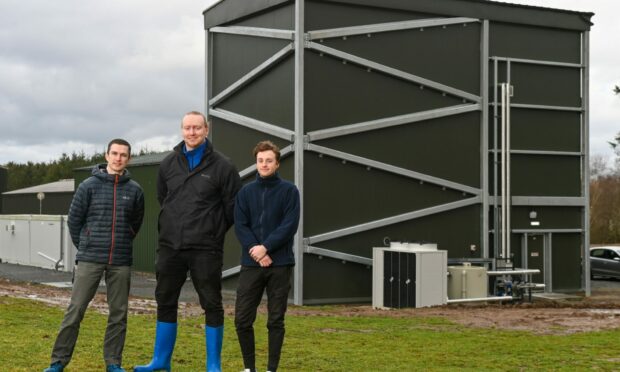
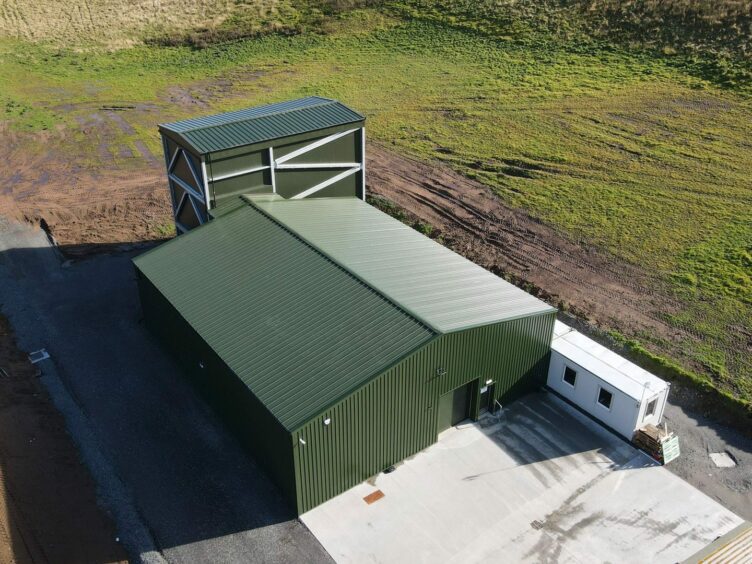
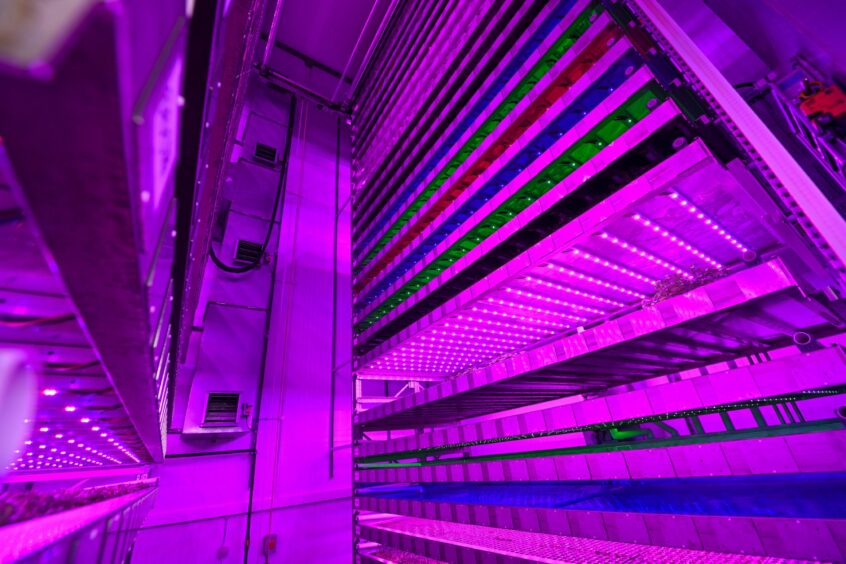
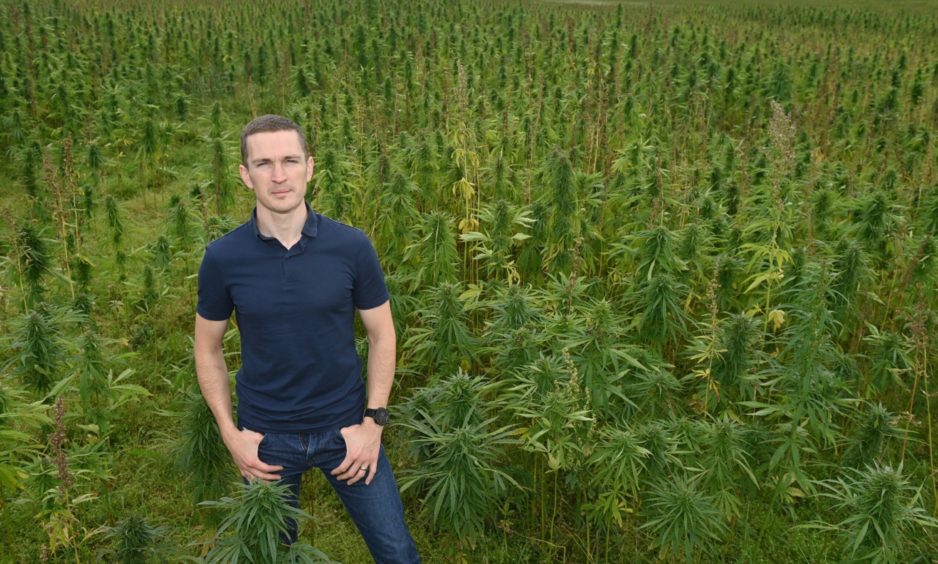

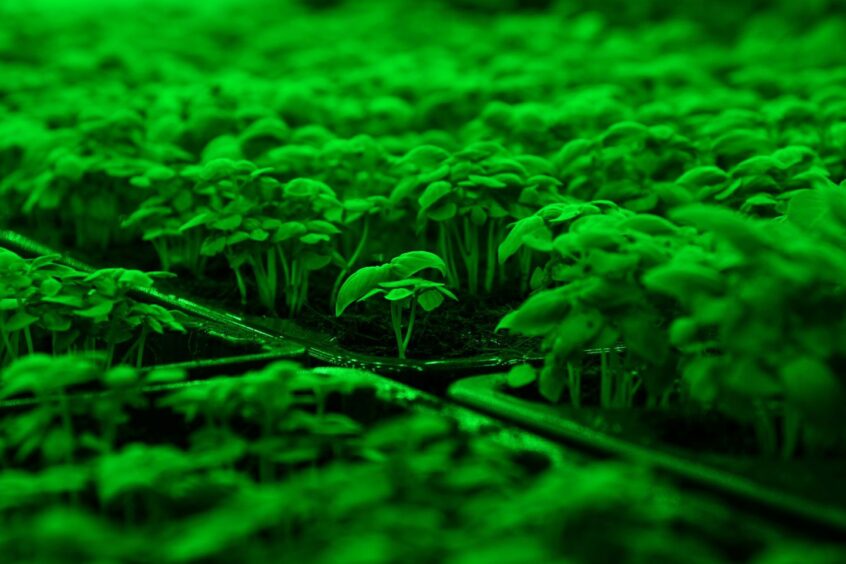
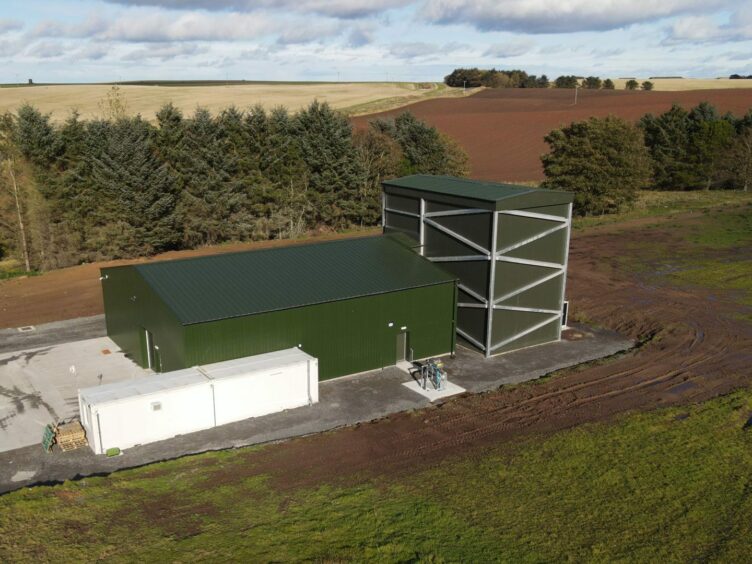
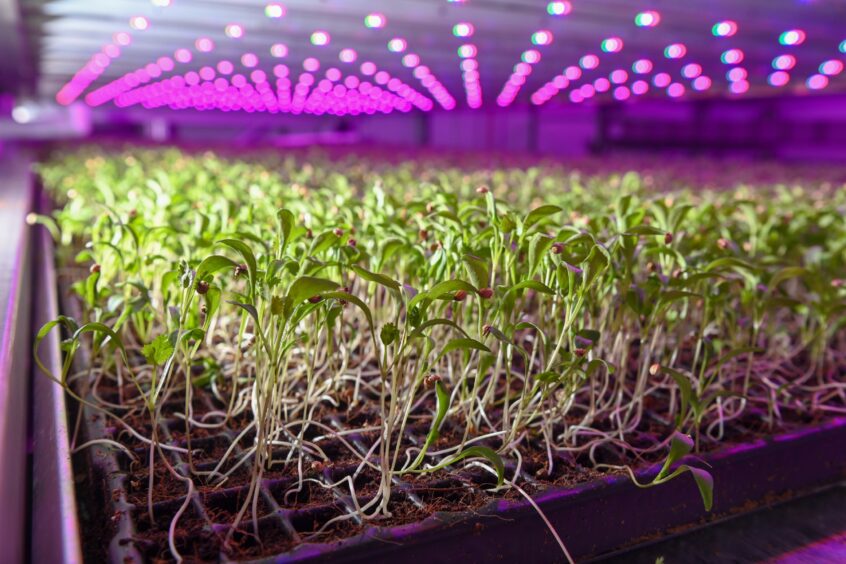
Conversation